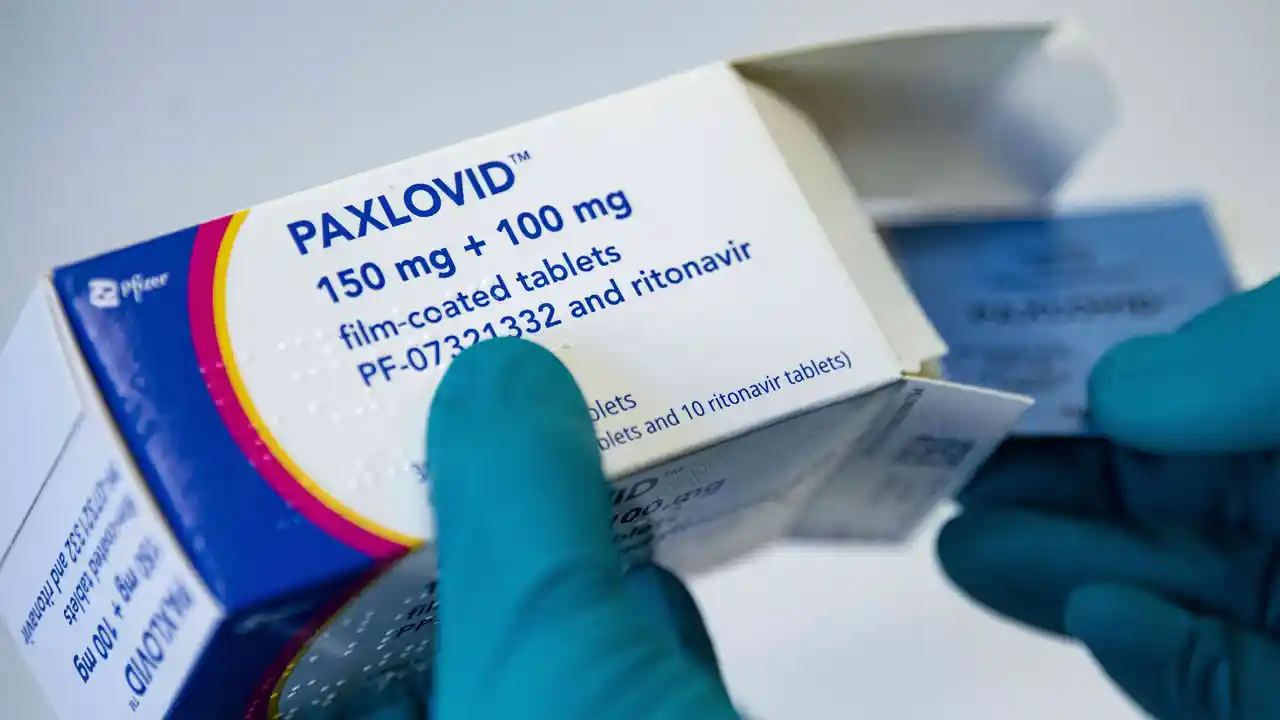Antiviral Properties: What They Mean and How to Use Them Safely
Viruses cause a lot of common illnesses, from the flu to shingles. When something has antiviral properties, it means it can stop or slow a virus at a specific step — entering a cell, copying its genes, or assembling new virus particles. That’s very different from antibiotics, which target bacteria. Knowing how antivirals work helps you spot real treatments versus hype.
Types of antivirals and when they help
There are several kinds of antiviral medicines. Nucleoside analogs like acyclovir work by blocking viral replication and are used for herpes. Neuraminidase inhibitors such as oseltamivir shorten flu symptoms when started early. Direct-acting antivirals (DAAs) like sofosbuvir target hepatitis C and can cure it in many cases. For COVID-19 and other serious infections, doctors may use antivirals or monoclonal antibodies under strict guidance. Timing matters: many antivirals work best if you start them within the first 48–72 hours of symptoms.
Antivirals don’t always cure a viral illness immediately. Some reduce severity and shorten duration. Others, like HIV drugs, control the virus long-term. Never substitute an antiviral with an antibiotic — that won’t help and can cause harm.
Natural substances, supplements, and what evidence says
People often ask about herbs and supplements with antiviral claims. A few have some supportive data: zinc lozenges may shorten colds if taken at the first sign of symptoms; vitamin D supports immune response and low levels link to higher infection risk; elderberry shows limited benefit for flu in small trials. But evidence is mixed and doses used in studies often differ from retail products.
Quality matters. Supplements vary widely in strength and purity. Some herbal formulas contain contaminants or interact with prescription antivirals. For example, St. John’s wort reduces levels of many drugs. Always check interactions before mixing supplements with prescribed medications.
Here are practical safety tips: talk with your clinician before using any antiviral medicine or supplement; start prescription antivirals early when recommended; use supplements only as an adjunct, not a replacement; buy medicines from trusted pharmacies and verify reviews — our review of alphanorthlabs.com can help spot red flags. Also, follow storage and dosing instructions and never share prescription meds.
Want more reading? Check our CDC Hepatitis B screening summary for viral testing updates and browse related posts on safe online pharmacies and medication guides. If you have specific symptoms or long-term viral concerns, reach out to your healthcare provider — they can match the right antiviral approach to your situation.
